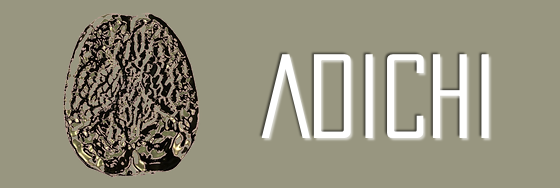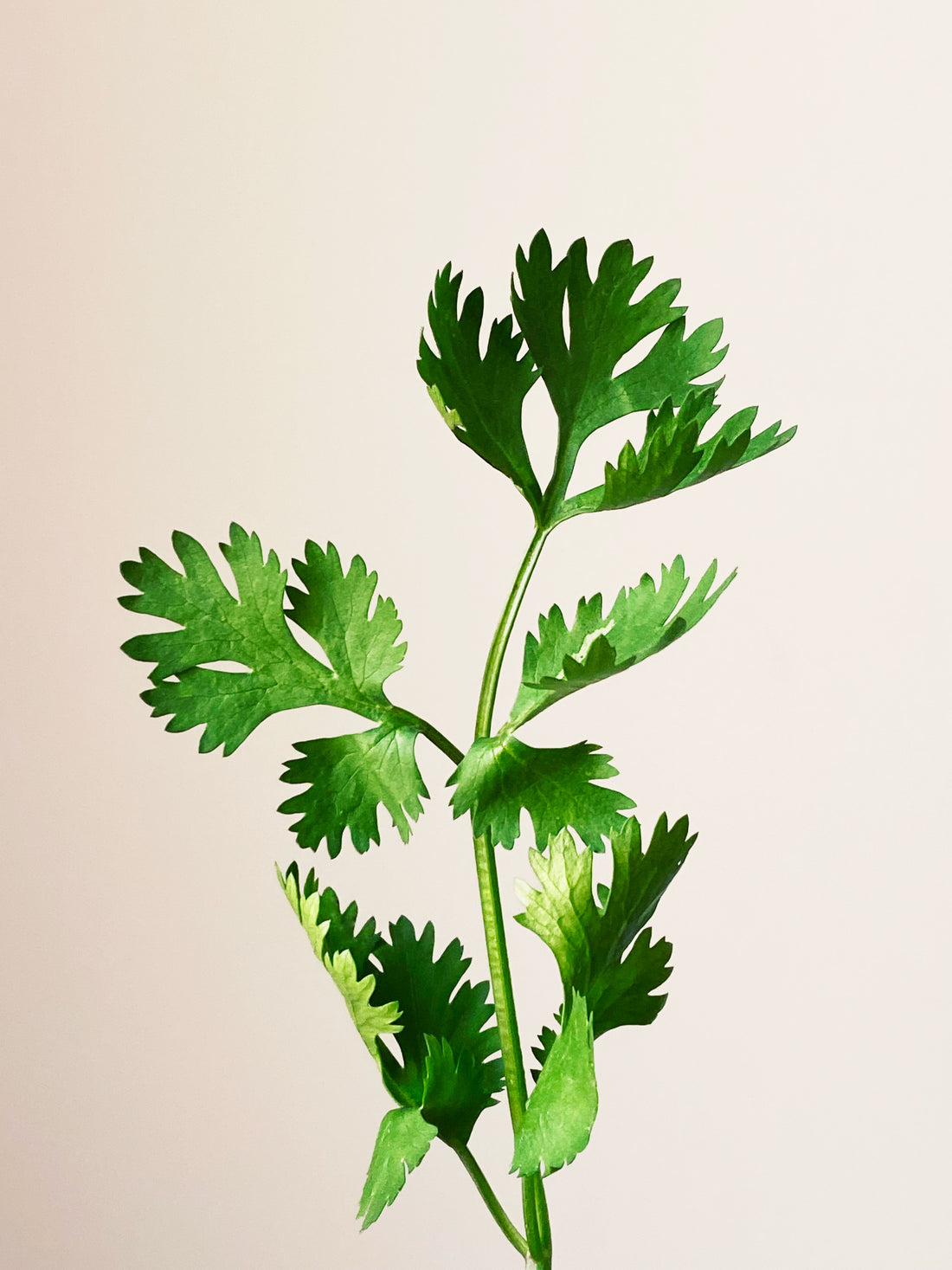PARSLEY (Petroselinum Sativum)
Parsley is a plant native to the Mediterranean area, but it’s cultivated all over the world. It’s used as an herb, a spice and a vegetable.
good source of nutrients with high doses of vitamins C, A and D, as well as potassium, beta-carotene, iron, calcium and folic acid.
(Digestive)
- Parsley contains diuretic abilities. It reduces bloating.
- Draws out excess water from the Abdomen.
- It helps the body expel gas.
- Enzymes in parsley help the body to break down food. The chlorophyll content is essential to healthy digestion.
(Kidney)
- Chemicals in parsley cause muscle contractions in the intestines, uterus and bladder.
- It’s used to treat urinary tract infections (UTI) and bladder and kidney stones. Although Parsley should be avoided by those who suffer from kidney infection/inflammatory kidney disease.
(Liver)
- Elevated levels of uric acid in the blood can damage your body, resulting in gout and other diseases. Too much uric acid is a factor known to contribute to an increased risk of cancer. It is known to suppress a liver enzyme that’s used in the production of uric acid.
(Lungs)
- Its reputed anti-tumor properties, including myristicin, has been shown in animal studies to inhibit tumor formation, particularly in the lungs.
(Bone)
- Contains calcium. Calcium is a key component for healthy bones. Human hearts, nerves and muscles also require calcium to function at their best.
- Parsley contains ample vitamin K, which is necessary for making protein for blood clotting and your bones. Without enough vitamin K in your body, you’re at higher risk of fractures. Vitamin K also lowers the risk of osteoporosis in women after menopause.
(Heart)
- The Journal of Nutrition shows that Zinc helps reduce stress on the heart from oxidants. Moreover, potassium is another mineral that helps keep hearts healthy (and build and maintain muscle). It’s necessary for nerves to function correctly. Both potassium and zinc are present in parsley.
- Supplements such as parsley extract that are rich in carotenoids (e.g., lycopene) help boost the anti-oxidant properties of the “good” cholesterol HDL. This can also help support heart health.
(Brain)
- High homocysteine levels are linked to oxidative stress and has been associated with dementia and Alzheimer’s disease. Alzheimer’s disease is often made worse from oxidative stress so ensuring that you’re ingesting plenty of anti-oxidants is important to help keep your brain healthy.
- Lutein and zeaxanthin also pair up to improve brain function when it comes to processing speeds visually. Additionally, vitamin K helps support cognitive functioning in older adults.
(Eyes & Skin)
- The vitamin A present in parsley powder is key for eye health. Adequate levels of vitamin A are necessary to prevent night blindness, cataracts and dry eyes. The herb can even help slow down age-related macular degeneration.
- Parsley can also promote skin health. Both the zinc and vitamin C found in parsley extract support the production of collagen. Collagen is vital to support healthy and glowing skin as it ages. In particular, vitamin K is great for the skin because it helps blood vessels stay elastic, assisting in the treatment for rosacea and stretch marks. In addition, it can help to treat varicose veins.
- Parsley benefits skin and dental health by fighting off infections and bacteria. Its essential oils are believed to be effective at eliminating fungus — plus it clears up bacteria-caused blemishes on the skin.
tonic action that can be used to treat a variety of menstrual complaints, including painful periods.
(rich in nutrients and antioxidants that can help prevent or reduce inflammation.)
Fluorine, contained in the herb, also protects the body from invasion of infectious agents, and the chlorophyll from Parsley leaf is rich in oxygen which helps suppress viral infections and minimize the effects of environmental pollution. Research has shown that increased intake of the flavonoid apigenin, found in Parsley may reduce the risk of ovarian cancer by twenty percent in a large, population-based study.
Myristicin, Limonene, Eugenol and Alpha-thujene are present in Parsley. These powerful oil components benefit the body’s immune system and help fight cancer formation, in particular by slowing tumor growth, neutralizing oxidative stress and fighting off carcinogens, according to research studies.
It is an important nutrient for healthy cell-division, and so it may be helpful as a cancer-preventative herb. The vitamin C in Parsley is greater than oranges, or any other fruit or vegetables. Not only does it contain C, but the flavonoids it contains, acts as an antioxidant, for protection from free radicals which cause cellular damage.
Vitamin C helps maintain a healthy gut environment.
Warnings
Some people experience allergic skin reactions with parsley.
It’s closely related to carrots, celery and fennel, so anyone allergic to these vegetables shouldn’t take parsley extract or eat the plant.
Kidney and Liver Complications
Large amounts of parsley supplements or parsley itself may lead to anemia and other liver or kidney problems. Parsley should be avoided by those who suffer from kidney infection/inflammatory kidney disease.
Drug Interaction
It’s a diuretic, so those on medication for high blood pressure should probably avoid it. As parsley increases blood clotting when taken in large amounts, it may affect those taking the blood thinner warfarin, making the medication less effective.
Patients taking lithium may find they don’t react well when the medicine is combined with parsley.
Parsley Extract Dosage
It’s best to take parsley extract powder with meals. The usual dosage is 2,500 mg, just about one teaspoon.
Be sure to talk to a medical professional before adding any supplement to your regimen, especially if you are taking other medication or have existing conditions.
The law requires me to state that I am NOT a medical doctor, nor am I claiming to be one. The information on this page is intended for educational and research purposes. It is your responsibility to further research and it is your choice if you decide to take any kind of action. I do not hold responsibility for your choices. Be conscious, cautious and stay curious. Thank you.
Photo by Mostafa Agami on Unsplash

